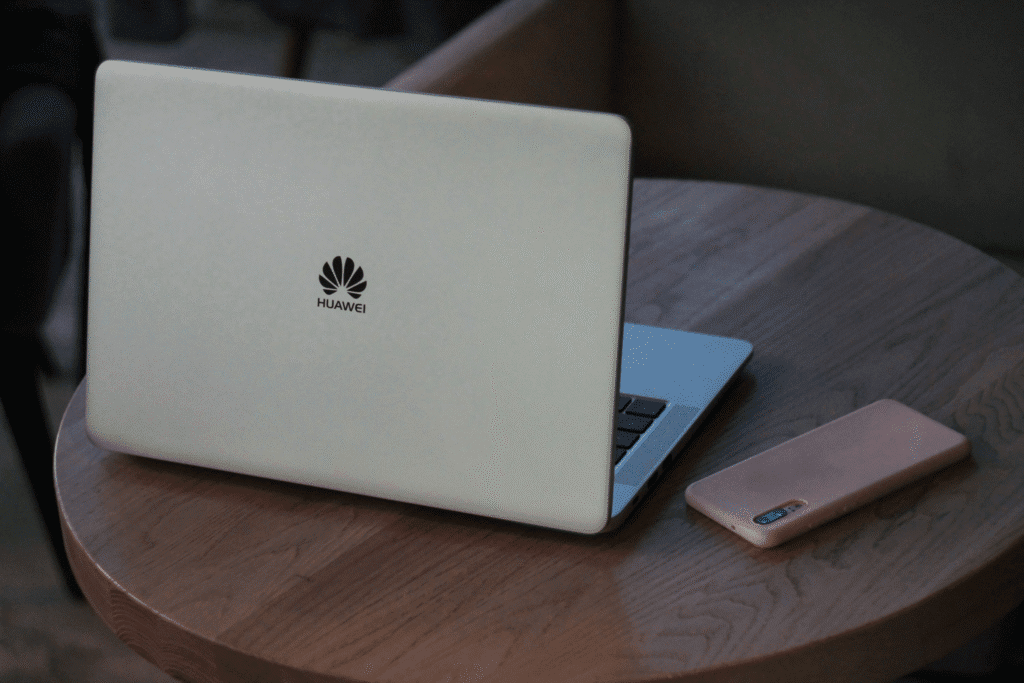Taiwani’s government has recently taken a decisive step by adding China’s major technology companies, Huawei Technologies and Semiconductor Manufacturing International Corporation (SMIC), to its official export control list. This move is significant and echoes efforts seen in other countries to monitor sensitive technology transfers. The addition means that any Taiwanese business wishing to send high-tech products to these listed Chinese companies must now apply for and receive formal governmental permission before completing such transactions.
This update appeared on the website of Taiwan’s Ministry of Economic Affairs, specifically under its Trade Administration division. The two Chinese firms were added late last Saturday. As of now, neither Taiwan’s ministry nor the affected Chinese companies have issued formal comments. Given the timing, it seems official responses were delayed until normal office hours resumed at the start of the week.
It’s important to understand the broader context. Taiwan is internationally recognized as the home of TSMC, the world’s leading contract chipmaker. TSMC supplies chips to global giants, including Nvidia, a key name in artificial intelligence processors. Meanwhile, both Huawei and SMIC in China are racing to close the gap in advanced chip technology. Taiwan has already implemented strict controls that limit how Taiwanese companies can supply chips to some Chinese customers, especially those considered sensitive or with advanced capabilities.

Adding Huawei to the export control list is especially interesting. This company has been central to China’s push in artificial intelligence, particularly since the U.S. Commerce Department placed similar restrictions on it some time ago. That U.S. ban prevents Huawei from obtaining American-made goods and technology. Even chips made by companies like TSMC are restricted if they rely on U.S. technology. In fact, last October a Canadian research group called TechInsights examined Huawei’s 910B AI processor. They found that it included a chip manufactured by TSMC. This device is deemed China’s most advanced mass-produced accelerator for artificial intelligence workloads.
Following that discovery, TSMC took steps to comply with controls. They stopped shipments to Sophgo, a chip design company in China. Later, in November, the U.S. government ordered TSMC to cease shipping additional chips to Chinese customers entirely. These measures were part of a wider campaign by the U.S. to curtail China’s access to advanced semiconductor technology, and Taiwan’s latest decision aligns with that strategy.
The Taipei government has emphasized, on multiple occasions, its concern over attempts at technology theft and the recruitment of Taiwanese chip engineers by mainland Chinese firms. Taiwan’s officials argue these efforts pose a threat to the island’s semiconductor edge and could weaken its global position. By placing SMIC and Huawei on the control list, Taiwan aims to reinforce its legal framework for protecting valuable intellectual property and human talent.
From SMIC’s perspective, the company is China’s largest domestic chip manufacturer. It has recently scaled up investments to build more factories and strengthen China’s homegrown semiconductor ecosystem. This expansion has been happening in the context of sweeping American export controls, which aim to slow SMIC’s technological progress. Amid this backdrop, Taiwan’s new move can also be viewed as support for international efforts targeting strategic chipmakers in China.
Taipei’s list itself includes other organizations already recognized internationally as sensitive or dangerous, such as extremist groups. By grouping SMIC and Huawei alongside these entities, Taiwan is sending a clear signal about the importance it places on safeguarding its cutting-edge technology. The list imposes barriers on any transfer of high-tech goods unless a permit is granted by Taiwan’s government. Since these barriers are the first of their kind, they may have wide-reaching implications, potentially slowing down or complicating any direct or indirect supply of semiconductors, processing chips, or other advanced goods to these Chinese firms.
After the announcement, analysts noted the move could deepen tensions between Taiwan and Beijing. China considers Taiwan part of its territory and often criticizes any actions that suggest Taipei is acting independently on strategic international issues. For its part, Taiwan has welcomed support from the United States and other allies who share concerns over unchecked advanced technology transfers. Taiwan’s microchip industry is a global powerhouse, producing the most advanced chips on earth. These chips are essential for modern technologies ranging from smartphones to self-driving cars and artificial intelligence.
In summary, Taiwan’s decision to include Huawei and SMIC on its export control list is a noteworthy example of how global supply chains and geopolitics now intersect at the level of microchips. It extends ongoing international efforts to limit the sale of sensitive technologies to selected Chinese firms. As a result, Taiwanese manufacturers must now secure special government approval before exporting high-tech products to Huawei or SMIC. The impact of this move will unfold over time, influencing how these companies obtain supplies, how Taiwan enforces its controls, and how much pressure the international community can apply on the global semiconductor landscape.
While Taiwan, the United States, and other partners continue to align on restricting access to advanced chips and components, it remains uncertain how Beijing will react. Taiwan’s step comes at a time when both military tensions and high-tech competition in the region are already intense. Ultimately, Taipei’s strategy highlights how crucial semiconductors are to national security and economic influence. By managing which countries and firms can receive advanced technology, Taiwan reaffirms its central role in both the global tech market and regional stability.








